The American Journal of Case Reports documents the rare case of Ischiopagus Tripus conjoined twin boys born in Indonesia in 2018, facing unique challenges but defying odds with successful surgical intervention.
A recent report in the American Journal of Case Reports has shed light on an exceedingly rare medical phenomenon: conjoined twin boys from Indonesia, born in 2018 as Ischiopagus Tripus twins. These toddlers, who share a single bladder, rectum, and intestine, represent a one in two million occurrence.

The twins entered the world with three legs, four arms, and a shared penis. However, it wasn't until now that their case has been formally documented. Despite their uniqueness, the twins faced significant challenges in their early years, including the inability to sit up independently.
"The rarity of ischiopagus tripus conjoined twins complicates the surgical separation, owing to the lack of cases and high complexity," the authors wrote in the American Journal of Case Reports.
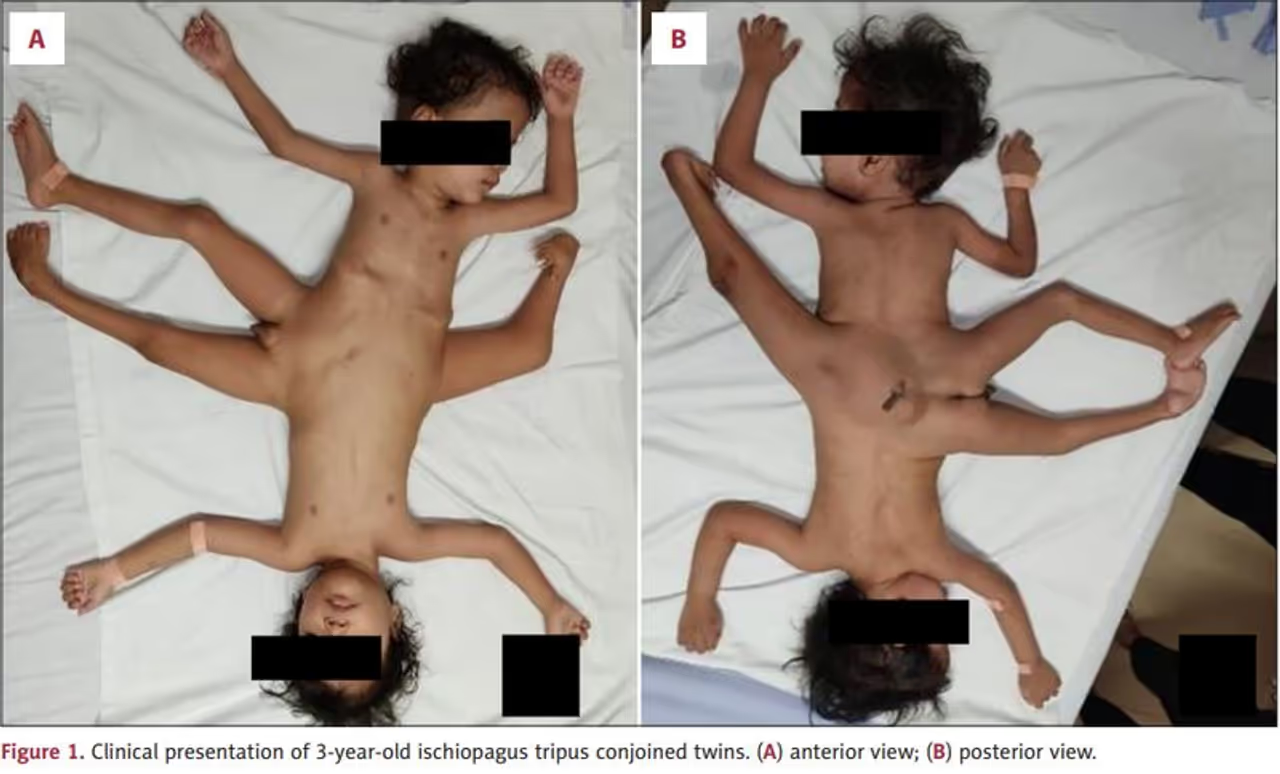
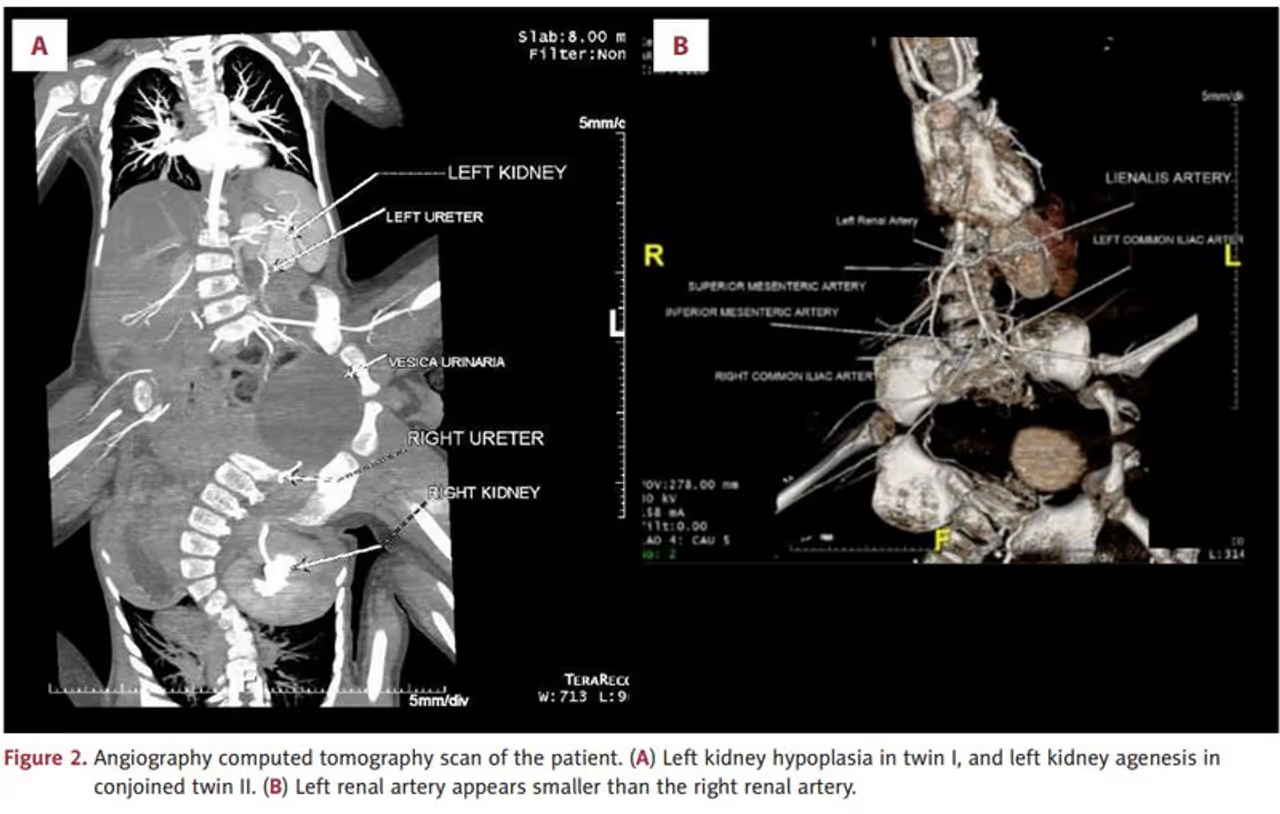
In more than 60% of such instances, one of the twins does not survive the prenatal period or is stillborn. Against these odds, these toddlers defied expectations and survived. Nonetheless, due to their unique physiology, the brothers faced a significant challenge: they were unable to sit up independently for the first three years of their lives.
Fortunately, a skilled surgical team intervened, performing the delicate procedure of amputating their third leg while stabilizing their hip and pelvic bone structure. This operation enabled the toddlers to achieve a milestone previously out of reach: the ability to sit upright.
The duration of the surgery performed on the twins remains undisclosed, though it proceeded smoothly without any complications reported.
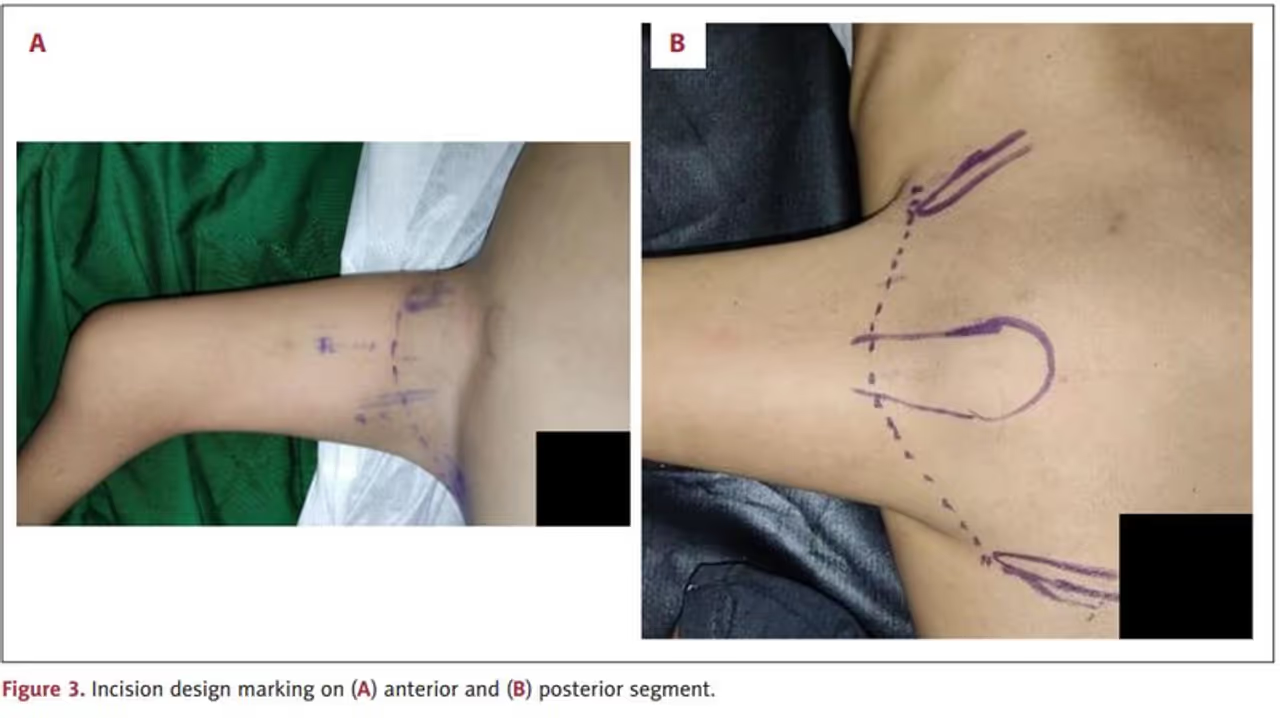
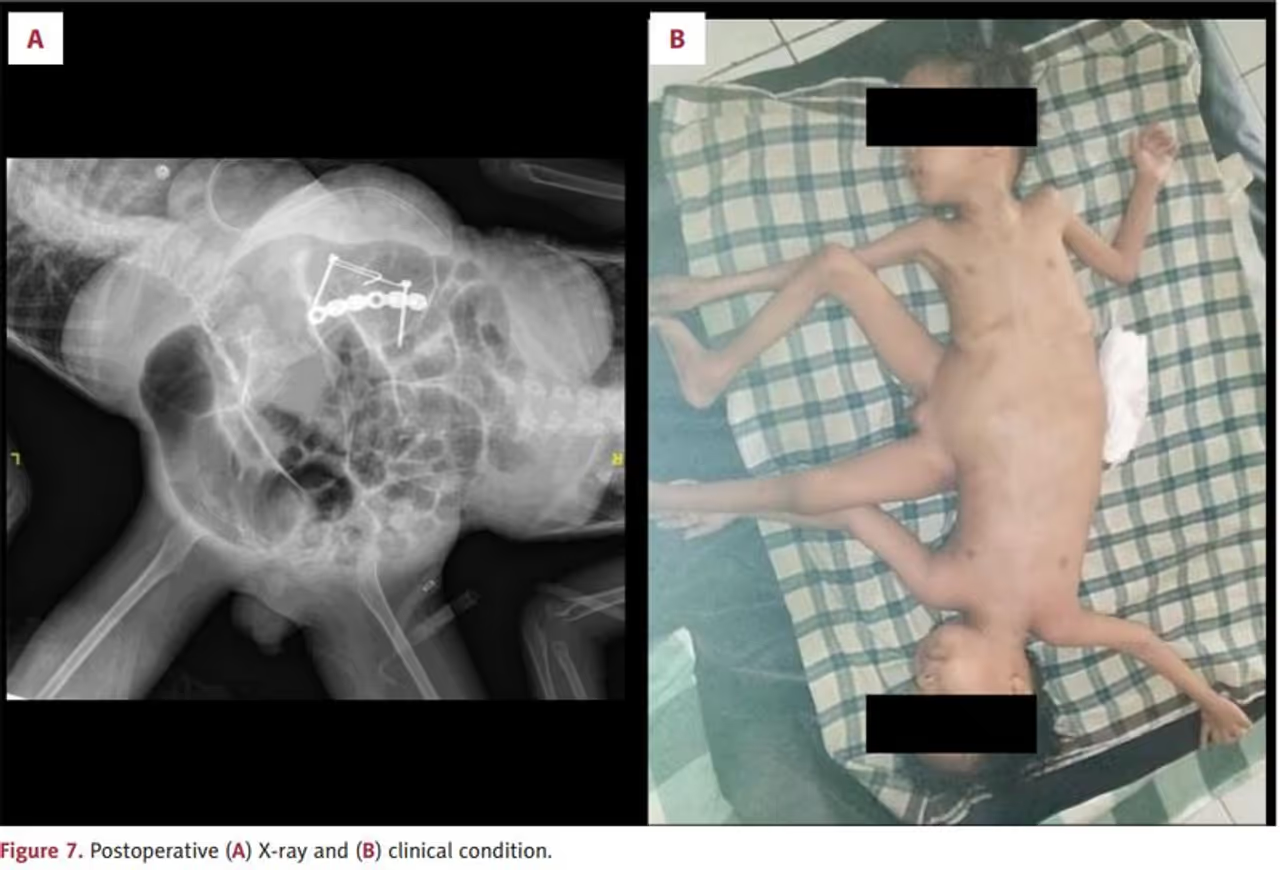
Medical professionals noted that one of the twins exhibited left kidney hypoplasia, signifying an underdeveloped kidney, while the other twin possessed only a single kidney. Interestingly, there is no familial precedent for any such medical conditions, and the twins have two older siblings who are unaffected by similar issues.
A follow-up examination three months post-surgery yielded encouraging results, as the twins showed no signs of complications. Despite their conjoined state, the twins have not undergone separation surgery, and it remains uncertain whether such a complex procedure will be attempted in the future.
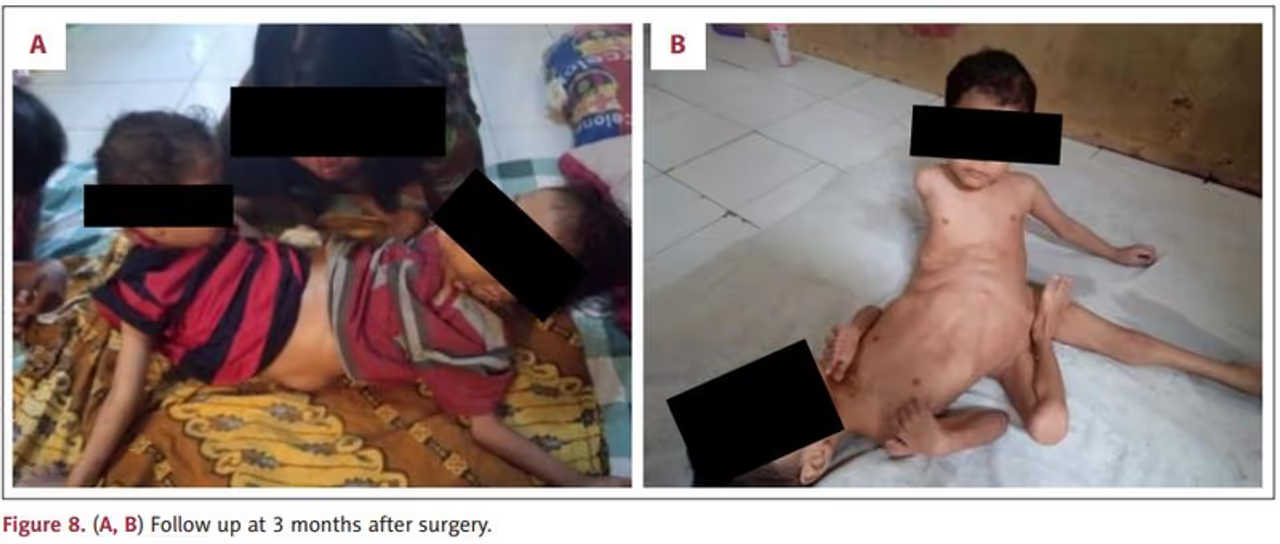

Nevertheless, medical professionals assert that this case underscores the potential for surgical interventions, even in situations where complete separation may not be feasible, emphasizing the importance of ongoing advancements in medical treatment.
Meanwhile, Describing their physical connection, doctors likened the twins' arrangement to that of a 'spider', a term evoking the famous case of conjoined twins Ganga and Jamuna Mondal from India.
Conjoined twins arise when an early embryo incompletely separates, resulting in two individuals who remain physically connected, typically at the chest, abdomen, or pelvis. This occurrence, though rare, accounts for approximately one in 50,000 to 200,000 live births. Among conjoined twins, the Ischiopagus type, where twins are joined at the pelvis, represents only six to 11% of cases.
Unfortunately, in the majority of instances, approximately two-thirds, at least one twin either succumbs during gestation or is stillborn.
In a notable medical achievement in 1992, doctors successfully separated conjoined twins in China. These twins had two fully functional arms and legs, along with a fused leg that was nonresponsive. Additionally, they shared one penis and two testes, but lacked a separate anus.
